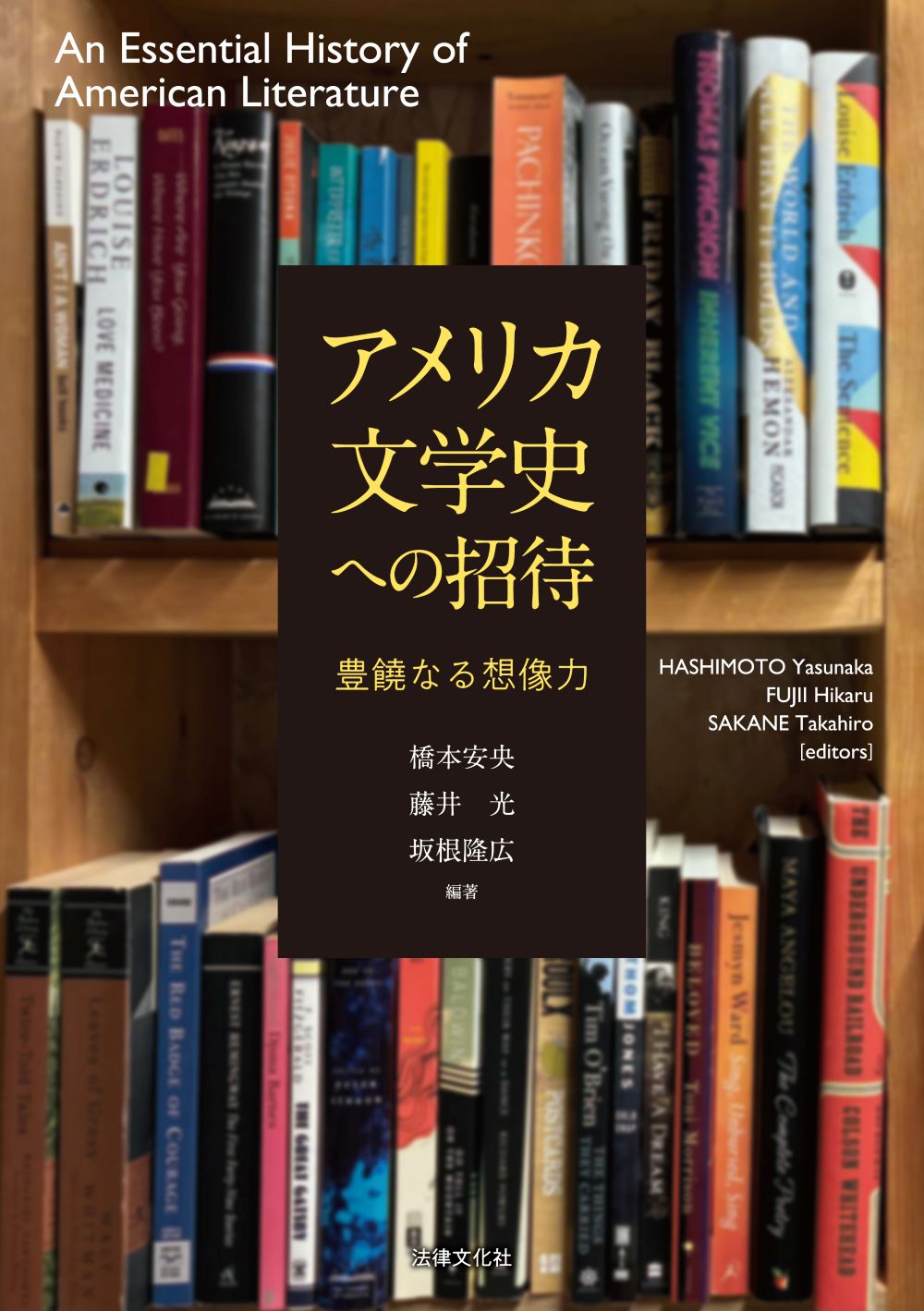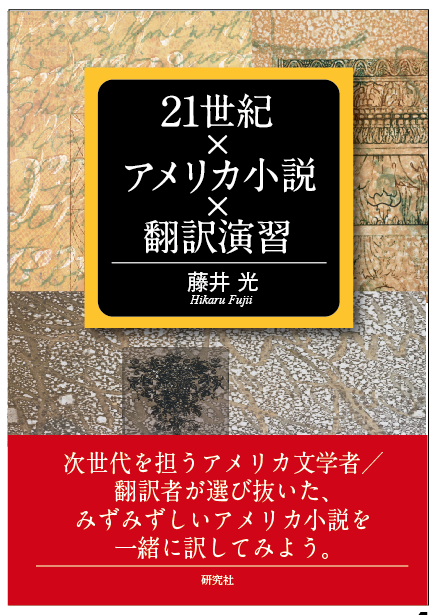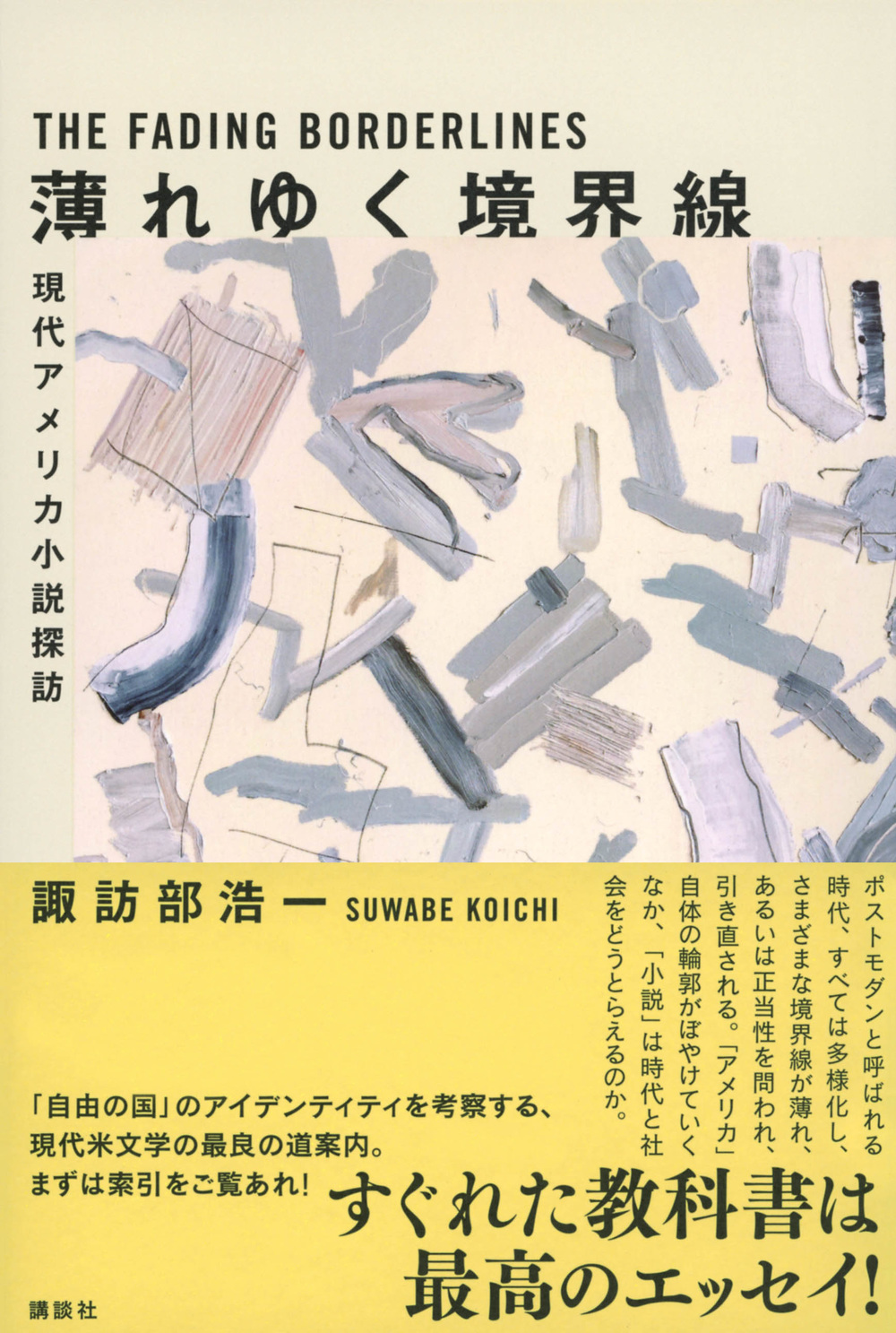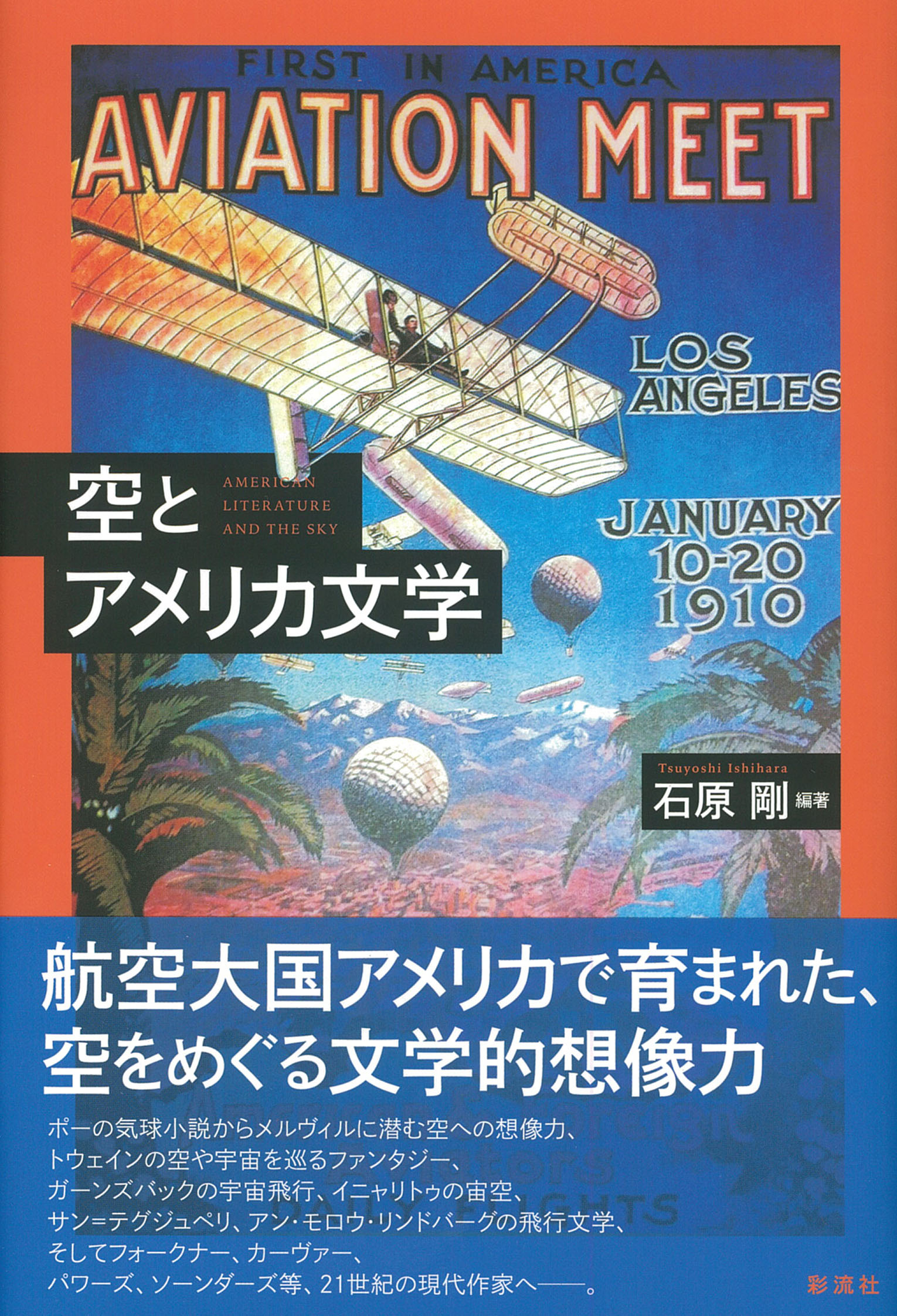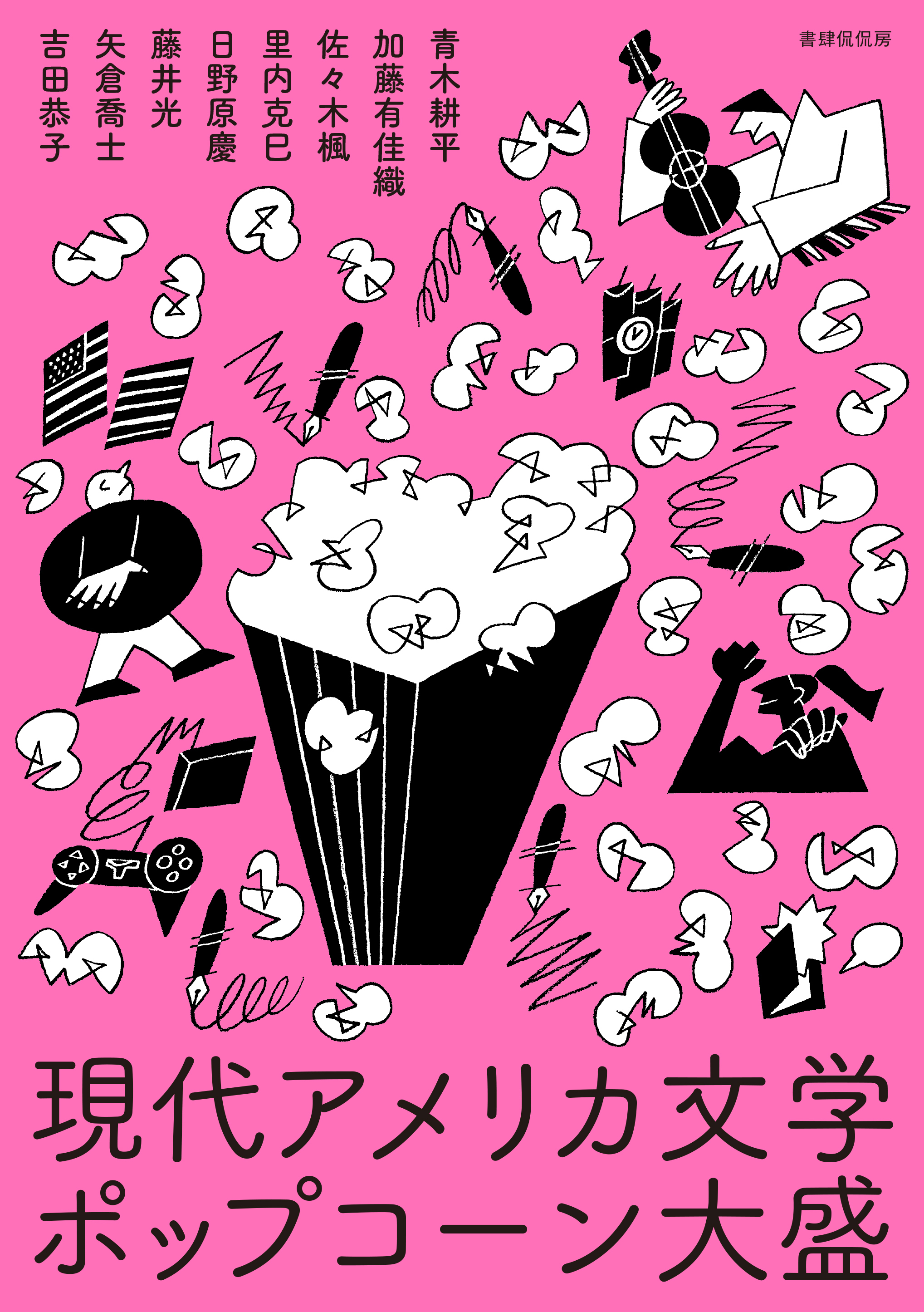
Title
Gendai America-Bungaku Popcorn Omori (Modern American Literary Popcorn)
Size
376 pages, A5 format, softcover
Language
Japanese
Released
December, 2020
ISBN
978-4-86385-431-4
Published by
Shoshikankanbou
Book Info
See Book Availability at Library
Japanese Page
This book is co-authored by eight researchers of American literature and aims to clarify trends in contemporary literature by taking up various authors, works, and genres, mainly from 21st-century American literature. What is the literary depiction of American society, which continues to change even in this century? What role does literature play in society? Where and what kind of person is responsible for the act of “writing”? To begin with, is literature a form of expression that is limited to just letters? These questions about literature are tackled through various approaches that are not limited to introductions and readings of authors and works, but also include descriptions of the writers’ personal experiences and stories.
Writers’ attempts to portray “America” have remained the foundation of American literature since the 19th century. Ranging from attempts by seasoned authors to write sequels to classic American novels to novels by up-and-coming authors that depict the era of terrorism, the figure of America that emerges from literature has become a place where past, present, and future collide.
Meanwhile, the activities of writers who focus on the present in the current century and try to shed light on various issues also play an important role in American literature. Problems such as the widening disparities caused by neoliberal economics, the racism that gave birth to the Black Lives Matter movement, and the exploitation of narratives by the excessive empathy that the majority shows toward the minority are thrust in front of readers, sometimes in the form of detached irony and at other times as a blatant provocation.
Today, creative writing in literature cannot be discussed without cooperation with some type of institution, including universities. Events such as creative writing graduate programs and university-sponsored workshops are held worldwide, making them hubs for novelists, poets, translators, and researchers to gather. Participating in such events and thinking on these concepts will also aid in the understanding of the diversity of themes and forms present in contemporary literature.
Beginning with the #MeToo movement that created a big wave in the 2010s, debates on gender have progressed in modern America and even generated a conservative backlash. Under such circumstances, what kinds of linguistic expressions are connected to the self-image of “men” and the body of “women”? The attempts of American authors are in direct harmony with the activities of Japanese-language authors.
Meanwhile, as seen in the awarding of the Nobel Prize in Literature to the musician Bob Dylan, one of the characteristics of this century is the movement that seeks to actively expand the definition of “literature.” Discussing not only graphic novels as a form of expression but also “fiction” through video media will become an important field in literary criticism.
Translation is often considered a secondary form of creative writing along with visualization. However, with the emergence of the perspective of “world literature” in the 21st century, there has been increasing attention paid to the importance of translation in creative writing. In the midst of such trends, questions such as the kind of relationship that English will form with other languages and what role the translator will play in such an era, also show the future potential of literary research.
Each author in this book will address these diverse questions from their own perspective and engage in a kind of written dialogue. The roundtable discussion that has also been included examines the question of what kind of significance “fiction” has in today’s zeitgeist characterized by conspiracy theory and post-truth.
(Written by FUJII Hikaru, Associate Professor, Graduate School of Humanities and Sociology / 2022)
Related Info
The music playlist that you would like to listen while reading the book “Gendai America-Bungaku Popcorn Omori (Modern American Literary Popcorn)” – The music selected by the contributors (Spotify)
https://open.spotify.com/playlist/4m6LFeEByHhejc39oRvL1n



 Find a book
Find a book


